“The legal hunting of wild animals, typically hunted for specific desired characteristics (such as large horns), and usually by foreign clients”
(IUCN, 2016; Saayman et al., 2018)
The report explores the scope of German trophy hunting, analysing impacted species and countries, evaluating potential economic and conservation implications, and outlining stakeholder attitudes toward a trophy hunting import ban. A comprehensive study was initiated through a literature review and an online survey. The survey was widely circulated via snowball sampling across African conservation platforms, governmental bodies, NGOs, and community organisations. Both qualitative and quantitative data from the literature review and survey were collated to compose the final report.
Long-term monitoring of trophy hunting is essential for assessing conservation costs and benefits, requiring comprehensive data collection. While German trophy hunters significantly contribute to revenue and employment in African countries, an online survey, biased towards hunting proponents, indicates concerns regarding a foreign import ban’s negative impacts on conservation and local communities. Well-regulated hunting activities have shown positive conservation and socio-economic outcomes, making a ban counterproductive and potentially harmful to African wildlife resources and communities.
International Union for Conservation of Nature (IUCN) (2016). Informing decisions on trophy hunting: A Briefing Paper regarding issues to be taken into account when considering restriction of imports of hunting trophies. Available at: https://wwfint.awsassets.panda.org/downloads/iucn_informingdecisionsontrophyhuntingv1_1.pdf [Accessed 15th September 2023].
Lindsey, P.A., Alexander, R., Frank, L.G., Mathieson, A., & Romanach S.S. (2006). Potential of trophy hunting to create incentives for wildlife conservation in Africa where alternative wildlife-based land uses may not be viable, Animal Conservation, 9, pp. 283–91.
Naidoo, R., Weaver, L.C., Diggle, R.W., Matongo, G., Stuart-Hill, G. & Thouless, C. (2016). Complementary benefits of tourism and hunting to communal conservancies in Namibia. Conservation Biology, 30(3), pp.628-638.
Saayman, M., van der Merwe, P. & Saayman, A. (2018). The economic impact of trophy hunting in the south African wildlife indsutry, Global Ecology and Conservation, 16 (2018). https://doi.org/10.1016/j.gecco.2018.e00510
van Houdt, S., Brown, R.P., Wagner, C.T., Twine, W., Fynn, R., Uiseb, K., Cooney, R. & Traill, L.W. (2021). Divergent views on trophy hunting in Africa, and what this may mean for research and policy. Conservation letters, 14(6). doi:10.1111/conl.12840.

The ALU School of Wildlife Conservation is the first of its kind on the continent, dedicated to growing the next generation of world class conservation leaders in Africa.
The continent needs home grown African leaders to spearhead new and innovative approaches in the business of conservation.
Bumbogo, Kigali Innovation City, Next to Azam, Kigali, Rwanda
Phone: +250 784 650 219
sowc@alueducation.com